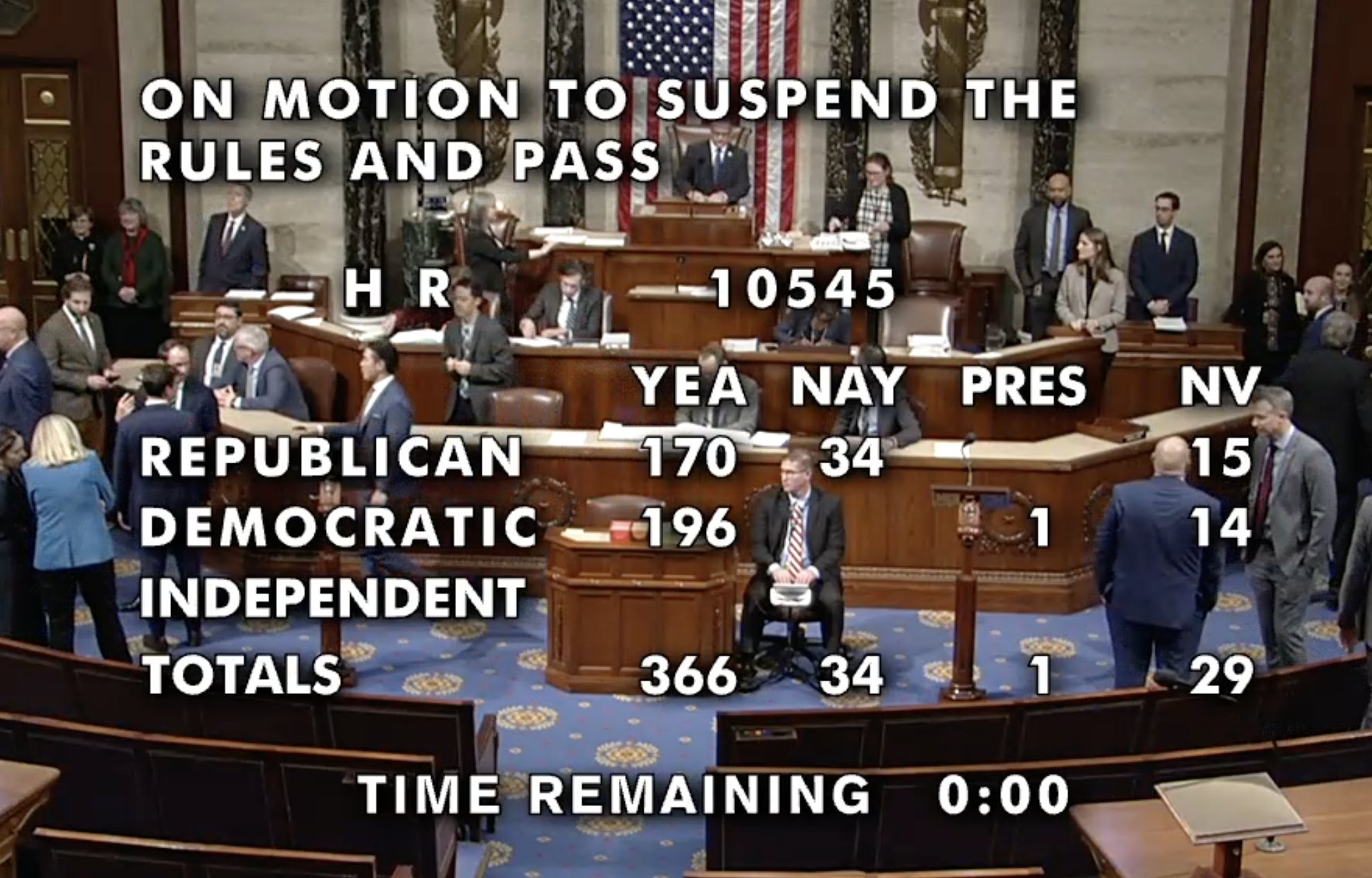On December 20, 2024, House Speaker Mike Johnson struck a bipartisan agreement to extend federal government funding through March 14, 2025, narrowly averting a government shutdown. The 118-page spending bill includes key provisions for disaster relief and agricultural assistance but notably excludes a debt ceiling suspension advocated by President-elect Donald Trump.
This omission has sparked backlash from conservative lawmakers and Trump allies, who argue that the bill fails to address critical fiscal concerns and compromises Republican priorities.
Key Provisions in the Spending Bill
The newly passed spending package maintains current government funding levels and includes the following measures:
- Federal Funding Extension: Ensures government operations remain funded through March 14, 2025.
- Disaster Relief: Allocates $100 billion to assist areas impacted by recent natural disasters.
- Agricultural Assistance: Provides $10 billion in aid to farmers facing economic challenges.
While these measures were necessary to prevent a shutdown, critics have expressed disappointment over the exclusion of a two-year suspension of the federal debt ceiling, which President-elect Trump strongly advocated.
Trump and Allies React
President-elect Trump had called for an extension of the debt ceiling to prevent future fiscal showdowns, suggesting that Congress either eliminate the debt ceiling or extend it to 2029. In a statement, Trump emphasized the importance of addressing this issue, saying:
“Congress must get rid of, or extend out to, perhaps, 2029, the ridiculous Debt Ceiling.”
Elon Musk, a vocal Trump ally, questioned the bill’s partisan alignment, tweeting:
“So is this a Republican bill or a Democrat bill?”
Their criticisms highlight a growing rift within the Republican Party, as some members question Speaker Johnson’s handling of the negotiations.
Controversy Surrounding the Legislative Process
The process by which the spending bill was negotiated has also come under scrutiny. Initially, Speaker Johnson proposed splitting the package into three separate components:
- Short-Term Federal Funding: A three-month extension to maintain government operations.
- Disaster Relief: Over $100 billion allocated for disaster-stricken areas.
- Farm Aid: $10 billion in assistance to the agricultural sector.
However, after discussions with House Minority Leader Hakeem Jeffries, Johnson opted to consolidate the provisions into a single bill, garnering bipartisan support to secure its passage.
Representative Thomas Massie criticized this approach, stating:
“Speaker Johnson flipped his decision after the meeting when he spoke to Hakeem Jeffries and realized he could get Democrat votes to pass all the legislation as one bill.”
Massie and other conservative Republicans argue that the process undermined the party’s leverage in negotiations, particularly regarding the debt ceiling.
Implications for the Republican Party
The passage of the consolidated spending bill has exposed divisions within the Republican Party. Some lawmakers believe Johnson’s decision to compromise on the debt ceiling represents a missed opportunity to address long-term fiscal challenges.
Trump’s influence looms large as he prepares to take office in January 2025, and his dissatisfaction with the bill’s outcome raises questions about Johnson’s leadership and the party’s ability to navigate future fiscal debates.
Despite the criticism, Johnson defended the bill, emphasizing the importance of avoiding a government shutdown and ensuring critical services remain operational. “This was the best path forward to keep the government funded and support essential programs,” Johnson said.
Future Challenges
While the government remains funded through March, lawmakers will face renewed debates over fiscal priorities in the coming months. The absence of a debt ceiling provision in the current bill sets the stage for another potential standoff in early 2025.
Republicans must navigate internal divisions while addressing broader economic concerns, including managing federal debt and maintaining bipartisan cooperation. For now, the passage of the spending bill has averted immediate crises but left lingering questions about the party’s fiscal strategy and unity.
Sources
- The Gateway Pundit: Mike Johnson Caved Again: Excludes President-elect Donald Trump’s Demand for a Debt Ceiling Increase
- Reuters: U.S. Congress avoids shutdown but debt ceiling debate looms
- AP News: House passes spending bill, averting government shutdown

